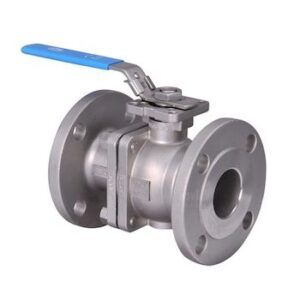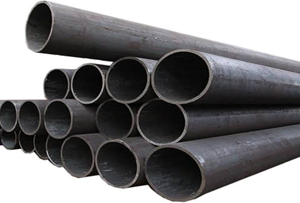Description
Key Features:
- Corrosion Resistance: The lining or cladding material provides outstanding corrosion resistance to the pipe, allowing it to perform in aggressive environments, such as those involving acid, alkali, seawater, or other corrosive substances.
- High Strength: The steel base provides the necessary mechanical strength, ensuring that the pipe can handle high pressures and mechanical stress, while the lined or clad material protects the interior.
- Wear and Abrasion Resistance: The lining offers protection against wear, abrasion, and erosion, making it ideal for transporting abrasive materials, such as slurry, sand, and chemicals.
- Thermal Resistance: Clad or lined steel pipes offer thermal stability, with certain alloys capable of handling high-temperature environments without degrading, making them suitable for use in heat exchangers and high-temperature systems.
- Cost-Effectiveness: Lining or cladding steel pipes with high-performance materials provides a cost-effective solution compared to using entirely non-ferrous or high-alloy pipes, offering both strength and corrosion resistance at a reduced price.
- Enhanced Durability: The combination of the durable steel structure with the protective lining extends the service life of the pipe and reduces the need for frequent maintenance or replacement.
Applications:
- Oil and Gas: Clad or lined steel pipes are widely used in the oil and gas industry for pipelines, offshore platforms, and subsea installations where resistance to seawater corrosion, high pressure, and extreme temperatures is essential.
- Chemical Processing: These pipes are used for transporting aggressive chemicals, acids, and other corrosive substances in chemical plants and refineries, where resistance to corrosion and wear is vital.
- Power Generation: In power plants, especially those using high-temperature fluids or steam, clad or lined steel pipes are used for heat exchangers, boiler tubes, and cooling systems to ensure resistance to oxidation and corrosion.
- Marine Applications: Clad or lined steel pipes are often used in shipbuilding, offshore platforms, and seawater systems due to their superior resistance to seawater corrosion and biofouling.
- Mining and Slurry Transport: In industries that require the transportation of abrasive materials such as sand, slurry, and other solids, lined steel pipes offer protection against wear and abrasion, extending the life of the pipes.
- Desalination Plants: In desalination, clad or lined steel pipes are used for seawater intake and brine discharge systems, offering resistance to corrosion from saltwater and extending the longevity of the system.
Benefits of Clad or Lined Steel Pipes:
- Durability: Combining the strength of steel with the corrosion resistance of other materials extends the life of the pipe, even in harsh environments.
- Corrosion Protection: These pipes protect against the corrosive effects of chemicals, seawater, and other aggressive substances, reducing maintenance costs and downtime.
- Cost-Effective Solution: Using steel as the substrate for the pipe, with a high-performance lining or cladding, offers a more affordable solution compared to using expensive alloys or pure non-ferrous materials for the entire pipe.
- Versatility: Clad or lined steel pipes can be used in a wide range of industries, from offshore oil and gas operations to chemical processing, due to their ability to resist both mechanical stresses and aggressive substances.
- Enhanced Performance: The properties of the lining or cladding, such as resistance to abrasion, high temperatures, and corrosion, improve the overall performance of the piping system, ensuring safe and reliable operation.







Reviews
There are no reviews yet.